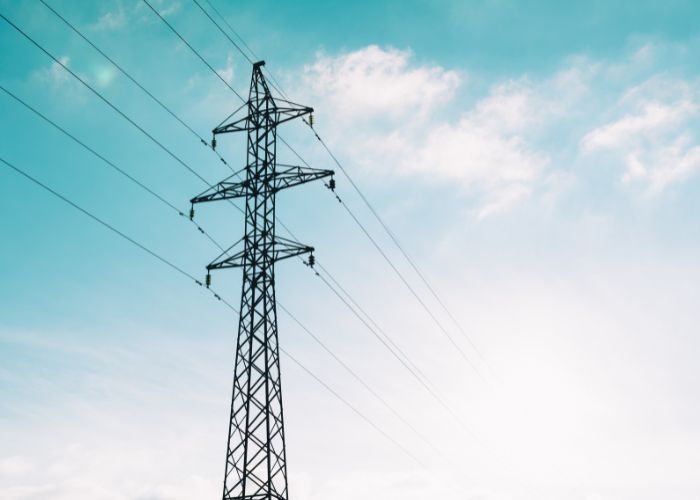Spain’s Minister of Ecological Transition and Demographic Challenge, Teresa Ribera, announced on Monday that the Spanish government will ask Brussels to extend the ‘Iberian exception’ at least until the end of 2024 with a ceiling similar to the current one of €45 to €50 per megawatt-hour (MWh).
This mechanism has been applied in Spain and Portugal since June 15. It caps the price of gas for electricity generation to reduce the price of electricity. During the first six months of operation, the gas price was capped at €40/MWh. It will then be increased by €5/MWh per month until next May, when the ‘Iberian’ solution expires.
European electricity market reform needed
Ribera stressed that until the regulation of the electricity market in Europe is reformed, which ‘may take a long time’, Spain ‘wants to continue to benefit’ from the ‘Iberian exception’.
‘We are going to make proposals to the European Commission to modernise the electricity system, but also to extend the Iberian exception beyond May 2023, as long as this crisis lasts and until European regulation is updated. We want the price cap for gas to remain as low as possible, €45 or €50/MWh, and that it can be extended at least until the end of 2024,’ the minister said in statements to Spanish TV channel Antena 3.
Fluctuations in electricity price
She further explained that the ‘fluctuations’ in the electricity price depend heavily on the amount of gas needed to produce the electricity. When a lot of renewable energy is generated, prices fall, but when more gas is needed to produce electricity, prices rise. She therefore insisted on the need to change the European electricity system to reduce electricity price volatility and make it cheaper. In Spain, she pointed out, this has been partially achieved with some of the measures taken, such as tax cuts and the ‘Iberian solution’.
In this sense, Ribera is confident that these measures, together with the debate on the modernisation of the European electricity system, will help keep prices ‘stable’ this year.
Winter with high gas reserves
Ribera stressed that the development of electricity prices in the autumn and early winter benefited from ‘mild’ temperatures, which contributed to gas storage facilities being full in the vast majority of European territory, at around 85% or 90%.
Thus, Ribera stressed that Europe faces the second half of winter and the beginning of spring ‘in very good conditions’, and must prepare for what may happen next autumn. ‘The basic solution’ is for Europe to reduce its dependence on gas as soon as possible, by committing to transforming the energy system and increasing its own resources and renewables.
Lack of water bad for power generation
While the temperatures helped, the weather did not, as Ribera pointed out that the lack of water meant that ‘much more electricity’ had to be produced to ensure Portugal’s electricity supply or support French consumers. ‘We have had to use more gas than we would normally need, despite the fact that our internal consumption has decreased significantly,’ she explained.
Gas from Russia
Asked about the increase in gas imports from Russia, Ribera pointed out that purchases of Russian liquefied natural gas have been slightly above average, sometimes because it has been necessary to divert the ships carrying this gas to help maintain regasification plants in northern Europe and also because Europe has not taken a coordinated decision on gas imports from third countries.
It will be ‘easier’ for member states to reach an agreement on stopping Russian gas imports. ‘The less we depend on any commodity from Russia, including enriched uranium and coal, the better. We need to reduce raw material imports from Russia to zero at this time,’ Ribera stressed.
TUR tariff
Ribera also pointed out that the quarterly increase in the regulated TUR tariff was limited to a maximum of 5%. This allowed customers to ‘cope better’ with the fact that gas prices have shot up. Moreover, there is special tax treatment for consumers with this tariff. It also allows other groups, such as homeowners’ associations, to join.


